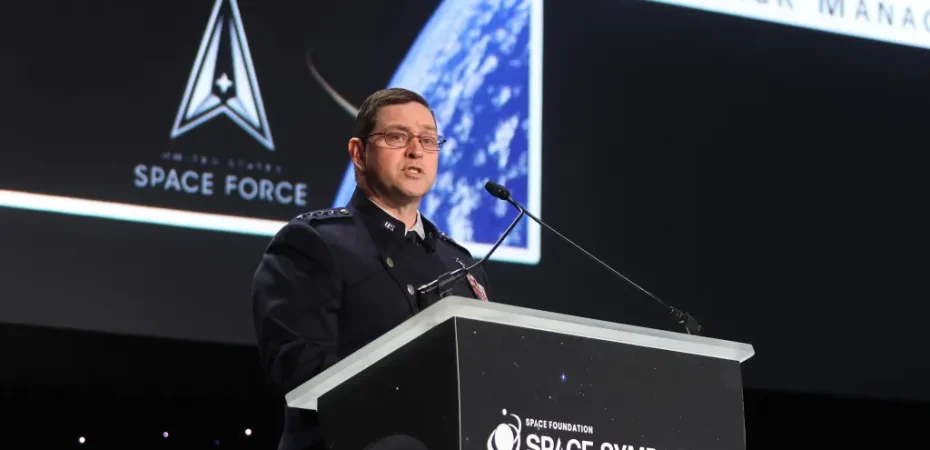It was made clear during this year’s Space Symposium that the space domain has become an increasingly adversarial domain, with countries like Russia and China capable of wreaking havoc on the United State’s critical space infrastructure. One thing is also clear, the Space Force no longer has time on it’s side.
One of the ways the Space Force plans on outpacing the rising threat was outlined in their recently announced Commercial Strategy, whose blueprint calls for the use of commercial space technologies and companies to help maintain dominance in the space domain. While this new document does offer a compelling vision of collaboration, it will inherently introduce questions regarding cybersecurity. Namely, how civilian space technologies, and the companies who field them, will be able to quickly and assuredly meet the demanding cybersecurity requirements that come with military space assets.
The truth is that while the Commercial Strategy does intend to get more companies off the bench and into the game, the brunt of the work will likely continued to be carried by a handful of the traditional prime contractors. They will be best suited due to their experience on past government contracts, but may find themselves behind the ball in adapting current products and procedures to the fast-paced and agile development environment the Space Force is looking to foster. Smaller companies traditionally fielding only civilian space assets may find themselves better suited to work fast and loose, but the sheer scale and and ever-present oversight that comes with a government contract may quickly bog them down.
The fact remains that regardless of the size and experience of the company, the Space Force will have to balance speed and agility with technical prowess and capability. Cybersecurity is at the forefront of the Space Force’s vision, thankfully, but this will ultimately embody itself in a litany of strict requirements passed down to the contractor, no matter how big or small. The last 50 years hold numerous examples of how stringent requirements aimed at demonstrating a leap in current capabilities end up over budget and behind schedule. The leaders in the Space Force will likely have to make tough decisions, potentially sacrificing technical capability to move fast enough to keep the ball of innovation rolling. We should all hope that none of those technical sacrifices involve cybersecurity; there is simply too much at stake.
Sources:
